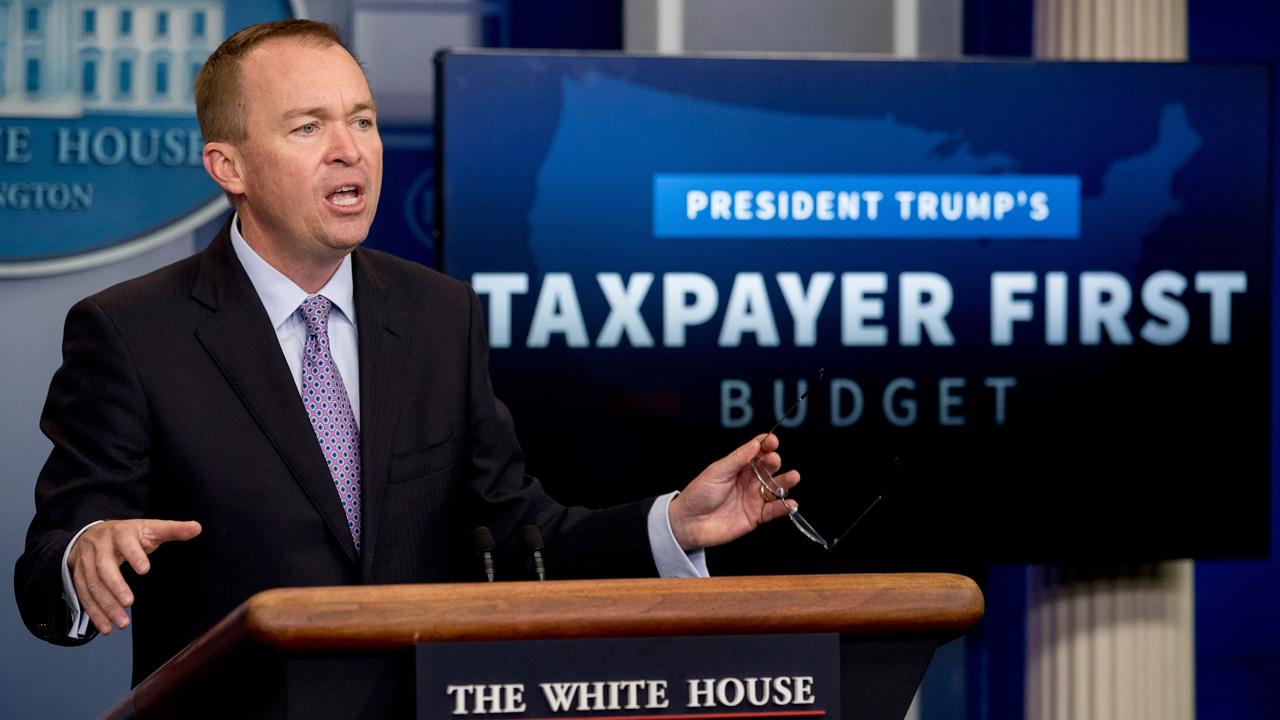Trump’s Mexico tariffs draw immediate rebuke, threaten USMCA deal and China trade talks
The Trump administration is ramping up pressure on House Speaker Nancy Pelosi to take up a new trade deal between the U.S., Canada and Mexico, but fresh tariffs on Mexico could further complicate a process already mired by a bitterly divisive political environment in Washington D.C.
Outside of the future of the United States–Mexico–Canada Agreement (USMCA) which is designed to replace NAFTA, the new duties could also impact ongoing trade negotiations with China and lead to higher consumer prices, particularly if the White House scales the tariffs at the pace it forecasted.
The administration is hoping the latest trade threat will force Mexico to take action to curb the crossing of undocumented individuals into the U.S., though it has largely avoided providing any specific metrics.
Should the demands not be met, the 5 percent tariffs beginning on June 10 would rise to 15 percent on August 1, 20 percent on September 1 and, ultimately, 25 percent on October 1.
Combined with the existing tariffs on $250 billion in Chinese goods, as well as the potential that administration imposes duties on another $300 billion, by October the U.S. could have a 25 percent tax on nearly $900 billion in goods from China and Mexico, two of the country’s largest trading partners.
“The escalation is really fast. Companies can’t respond that quickly, that’s the big problem for this,” American Enterprise Institute’s Derek Scissors told FOX Business. “At 5 percent they can shrug this off, it really doesn’t matter at all. But if you have looming out there 25 percent in four months, that’s enormous and it’s even bigger if you’re talking about 25 percent tariffs on China at the same time.”
Domestic firms would have difficulty importing the products they need from elsewhere if double-digit tariffs are imposed on both Canada and Mexico, given the other large U.S. trading partners – including Canada, the United Kingdom and Japan – are insufficient substitutes.
That would likely mean higher prices for consumers, as businesses seek to mitigate the impact on their own operations. In a sign of the significance of the action, the tariffs drew near nearly unanimous backlash from industry groups.
The Business Roundtable, which represents companies including Amazon, Apple Inc., Goldman Sachs and Johnson & Johnson, called the duties a “grave error” that would “create significant economic disruption and tax U.S. workers, farmers, consumers and businesses.”
Meanwhile, the Alliance of Automobile Manufacturers said the tariffs would “have a cascading effect – harming U.S. consumers, threatening American jobs and investment, and curtailing economic progress.”
Following the announcement on Thursday, shares for General Motors, Ford and other car manufacturers -- which rely heavily on trade with Mexico -- along with auto part makers were trading lower on Wall Street.
| Ticker | Security | Last | Change | Change % |
|---|---|---|---|---|
| GM | GENERAL MOTORS CO. | 81.47 | -2.20 | -2.63% |
| F | FORD MOTOR CO. | 13.77 | -0.07 | -0.53% |
| FCAU | NO DATA AVAILABLE | - | - | - |
| THRM | GENTHERM INC | 31.31 | +0.40 | +1.29% |
| TEN | TSAKOS ENERGY NAVIGATION | 30.38 | +0.62 | +2.10% |
| SRI | STONERIDGE | 8.50 | -0.34 | -3.85% |
And the National Association of Manufacturers, which has been a staunch advocate for the USMCA, said the tariffs would have “devastating consequences on manufacturers in America and on American consumers.”
“We have taken our concerns to the highest levels of the administration and strongly urge them to consider carefully the impact of this action on working families across this country,” CEO Jay Timmons said in a statement.
The tariffs also add significant hurdles to congressional approval of the new trade deal with Canada and Mexico.
The White House on Thursday gave a formal warning to Congress that final USMCA language is forthcoming. While sources tell FOX Business that Pelosi’s office was aware of the pending notification, it still drew a terse response from the individual the White House must convince to bring the measure up for a vote.
“It indicates a lack of knowledge on the part of the administration on the policy and process to pass a trade agreement,” Pelosi said in a statement.
United States Trade Representative Robert Lighthizer has been working, in partnership with key trade groups like the U.S. Chamber of Commerce, to assuage concerns from Democrats that the labor provisions in the trade agreement are not strong enough, among other issues.
The two actions served as “a one-two punch that we believe will make USMCA extremely hard to pass in both Mexico and the U.S.,” according to Cowen and Co. analyst Chris Krueger. “These two actions seemingly show Tariff Man unbound. Deal Man has been stabbed and -- if not dead -- is on life support.”
CLICK HERE TO GET THE FOX BUSINESS APP
From an international perspective, the new tariffs could also spook China during a tenuous time in the negotiations with the U.S. on a bilateral trade deal between the two nations.
“China has to be wondering whether the U.S. can be trusted to abide by its promises when the administration is rebuffing Mexico having recently forged the USMCA,” said Mark Hamrick, senior economic analyst at Bankrate.com.




















